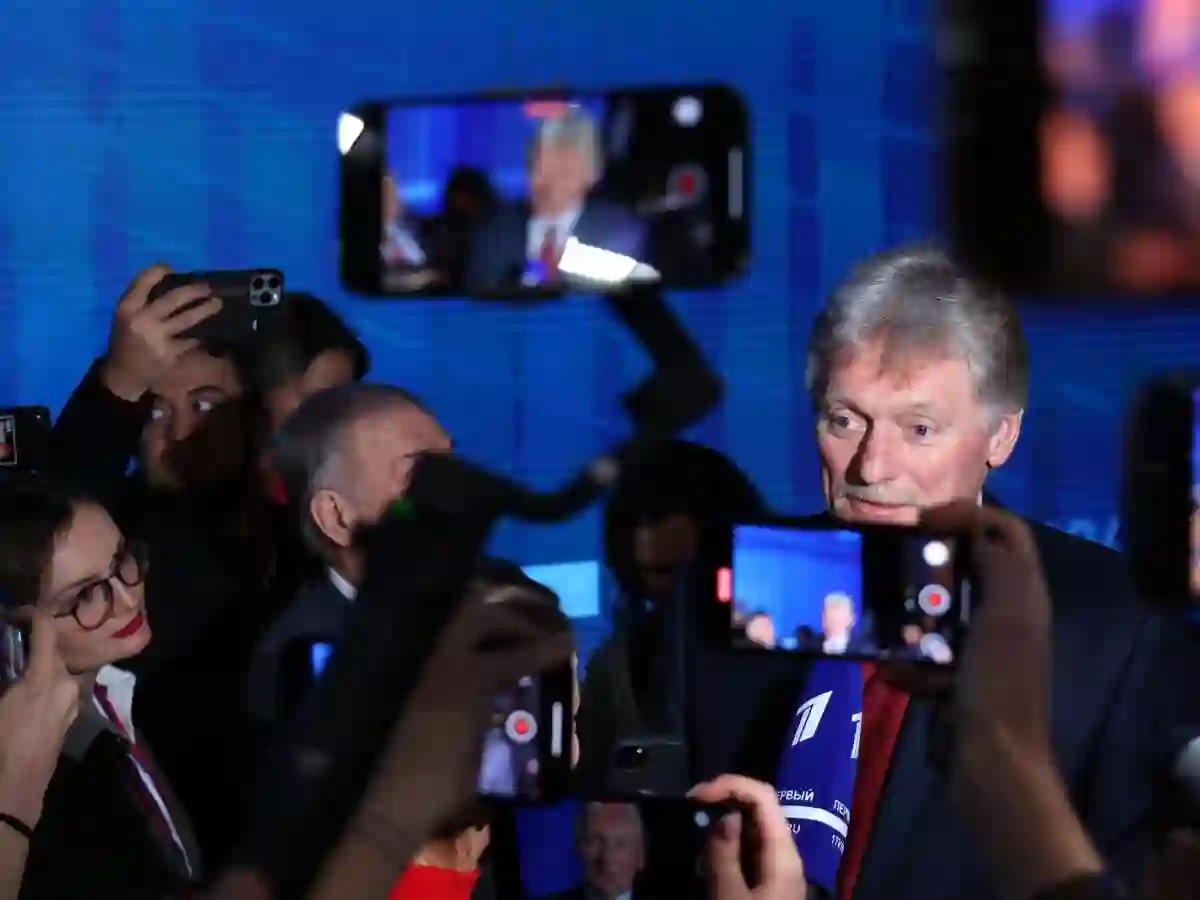Just when you thought relations between Russia and NATO couldn’t get any frostier, a top American general’s recent remarks have triggered a fiery response from the Kremlin — and escalated tensions over the highly sensitive Kaliningrad region.
Moscow Fires Back at U.S. Military Rhetoric
Kremlin spokesman Dmitry Peskov didn’t mince words after General Christopher Donahue, who heads the U.S. Army in Europe and Africa, made what Russia is calling a dangerous and provocative threat.
Donahue claimed that NATO could “wipe Kaliningrad off the map” — a statement Moscow slammed as “hostile” and deeply irresponsible.
“This is yet another aggressive declaration from officials in the West,” Peskov said, framing the general’s comments as part of a pattern of inflammatory rhetoric coming out of Europe’s defense ministries.
“We take such threats seriously and factor them into our ongoing discussions with Washington.”
The Statement That Sparked the Backlash
The controversial comments were made at the LandEuro Conference, hosted by the U.S. Army Association in Wiesbaden, Germany.
While speaking to an audience of military officials and defense experts, Donahue openly stated that NATO has the operational power and plans to neutralize Russia’s presence in Kaliningrad — the Russian exclave nestled between Poland and Lithuania.
He went even further, bluntly saying, “Kaliningrad is surrounded by NATO allies.
Now we can erase it from the face of the earth faster than ever before. The plans are already in place.”
Inside NATO’s Eastern Flank Strategy
Donahue’s comments weren’t just empty threats — they came alongside a detailed discussion of NATO’s ongoing modernization efforts.
One major initiative he outlined was the Eastern Flank Deterrence Line, a strategy designed to shore up NATO’s defenses and deter what’s being called the “Russian threat.”
Part of this strategy includes tighter collaboration between NATO countries, with a focus on shared missile launch systems, joint data platforms, and improved cloud-based intelligence sharing.
The plan also features the integration of Maven — an AI system developed by Palantir — to help crunch massive amounts of battlefield data and streamline military decision-making in real time.
Why Kaliningrad Matters So Much
For Moscow, Kaliningrad isn’t just another piece of territory — it’s one of its most strategic military footholds in Europe.
The region houses advanced missile systems and plays a key role in Russia’s access to the Baltic Sea.
Because of that, Russia has long maintained that any aggression toward Kaliningrad would be met with a swift and forceful military response.
In light of General Donahue’s remarks, it’s clear the Kremlin sees NATO’s words as more than just posturing.
The Bigger Picture: NATO vs Russia
Peskov used the opportunity to paint NATO as a fundamentally “confrontational bloc,” accusing it of consistently acting in ways that are hostile to Russia’s national security.
In his view, the alliance’s actions only reinforce Moscow’s decision to take precautionary military measures.
Whether General Donahue was signaling a real threat or simply emphasizing deterrence is up for debate — but what’s clear is that the temperature between NATO and Russia just got a few degrees hotter.
